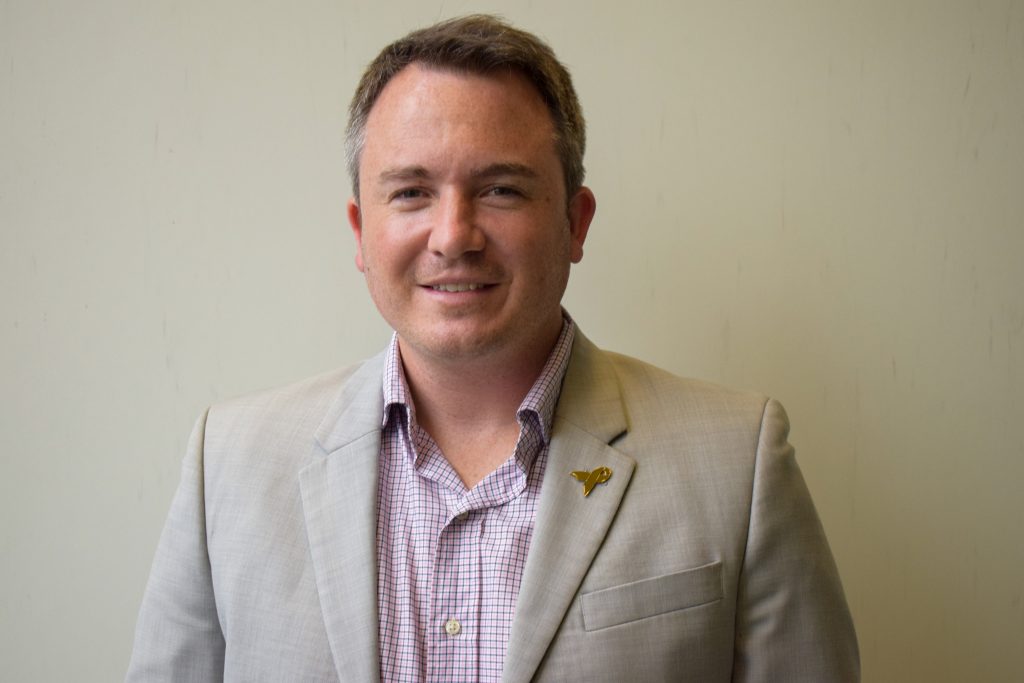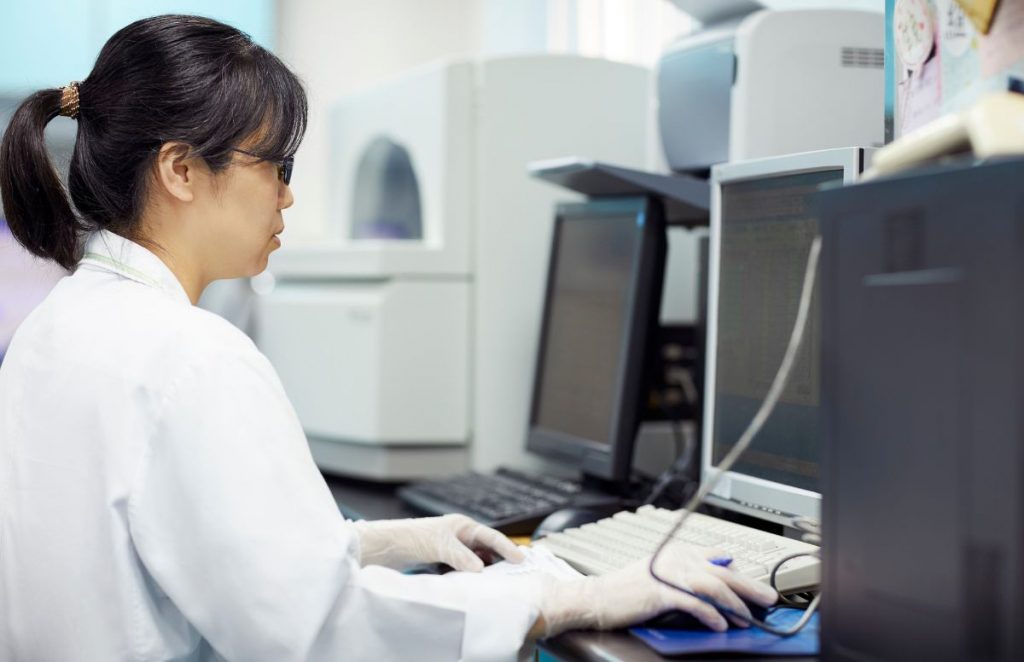A new weapon is helping to fight childhood cancer: big data
Genome sequencing – rapidly becoming a routine practice – generates vast amounts of information about a patient and, with it, unprecedented potential to treat diseases like childhood cancers. But finding helpful needles in the big data haystack isn’t easy, according to computational biologist, Associate Professor Mark Cowley.
“You might identify 5 million genetic changes in a patient: our job is to find the one or two that might have predisposed them to a particular disease. A tumour might have 100,000 genetic changes, but we need to find the two or three that the pathologist and oncologist cares about,” he explains.
This life-saving imperative drove Associate Professor Cowley, as co-leader of a team from the Luminesce Alliance’s Paediatric Precision Medicine Computational Biology Program, to develop a digital precision-medicine platform. They’ve designed new analytical tools, algorithms, databases and an online data portal to help experts find critical information that could improve outcomes for children with high-risk cancers.

The Luminesce Alliance – established with an initial $20 million grant from NSW Health – draws together key healthcare and research organisations to create an innovative hive-mind environment that positions NSW as a leader in childhood cancer research. Academics, scientists and clinicians are collaborating, putting the Luminesce Alliance – and NSW – at the forefront of paediatric precision medicine and ultimately making a difference to countless children and their families.
Associate Professor Cowley says there was a need to fund a dedicated childhood-cancer data platform, and the Alliance now has a team of 15 engineers, scientists and students to do just that.
“We find ourselves in the precision-medicine revolution, where the idea is simply that we take more and more measurements from patients and translate that data into improved care: whether that’s getting the right diagnosis, predicting if they’re a good or high risk prognosis, or finding the right treatment option for them,” says Associate Professor Cowley. “Data underpins all of these activities.”
Data is drawn from Australian and international collaborators and, while the majority is generated by genomic sequencing, it also includes information about genetic variation, clinical information and drug responses.
The team developed tools to help sort, sift and connect data sets, creating a platform that turns raw data into processed data, says Associate Professor Cowley. This platform then allows clinicians to understand a disease – and to create individualised treatment. It also enables researchers to understand why children develop cancer, why some don’t respond to their treatments, and to be able to identify new drug targets.
“Lots of new drugs target specific mutations,” he explains. “It’s our job to find mutations that might link patients to new therapies.”

One recent result demonstrates the power of the platform. Clinicians urgently needed treatment options for a child with a large, dangerous tumour, but without a specific diagnosis, matching a precision treatment would be all but impossible. The pathology lab couldn’t make a diagnosis from the sample, but Associate Professor Cowley’s team analysed the genomic data, identified a rare genetic change and, within eight days, the patient was diagnosed and commenced treatment with a life-saving drug.
Associate Professor Cowley has ambitious plans to determine which novel treatments improve health by obtaining and integrating information that is currently hard to extract: high-quality data from hospital records that shows the treatment, response and outcomes. Extracting this data is labour-intensive and at the frontier of computational biology, but he thinks it’s attainable in the not-too-distant future.
“NSW Health has helped us establish the largest computational biology program for children with cancer in Australia, which has had a massive impact, and is enabling precision medicine to move closer and closer to the clinic,” says Associate Professor Cowley. “NSW Health wants to see real clinical innovation; this is the best of research translating to towards a new clinical standard of care.”
Watch this video to make sense of big data to treat children’s cancers.
Updated 3 years ago